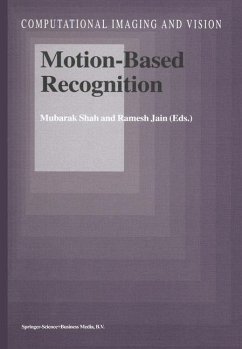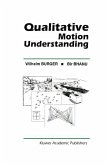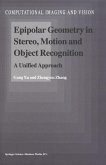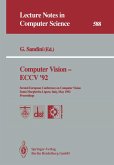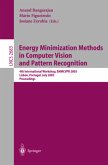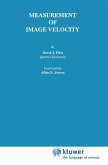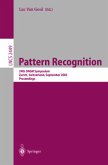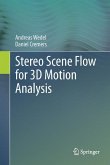Motion-based recognition deals with the recognition of an object and/or its motion, based on motion in a series of images. In this approach, a sequence containing a large number of frames is used to extract motion information. The advantage is that a longer sequence leads to recognition of higher level motions, like walking or running, which consist of a complex and coordinated series of events. Unlike much previous research in motion, this approach does not require explicit reconstruction of shape from the images prior to recognition.
This book provides the state-of-the-art in this rapidly developing discipline. It consists of a collection of invited chapters by leading researchers in the world covering various aspects of motion-based recognition including lipreading, gesture recognition, facial expression recognition, gait analysis, cyclic motion detection, and activity recognition.
Audience: This volume will be of interest to researchers and post- graduate students whose work involves computer vision, robotics and image processing.
Hinweis: Dieser Artikel kann nur an eine deutsche Lieferadresse ausgeliefert werden.
This book provides the state-of-the-art in this rapidly developing discipline. It consists of a collection of invited chapters by leading researchers in the world covering various aspects of motion-based recognition including lipreading, gesture recognition, facial expression recognition, gait analysis, cyclic motion detection, and activity recognition.
Audience: This volume will be of interest to researchers and post- graduate students whose work involves computer vision, robotics and image processing.
Hinweis: Dieser Artikel kann nur an eine deutsche Lieferadresse ausgeliefert werden.

